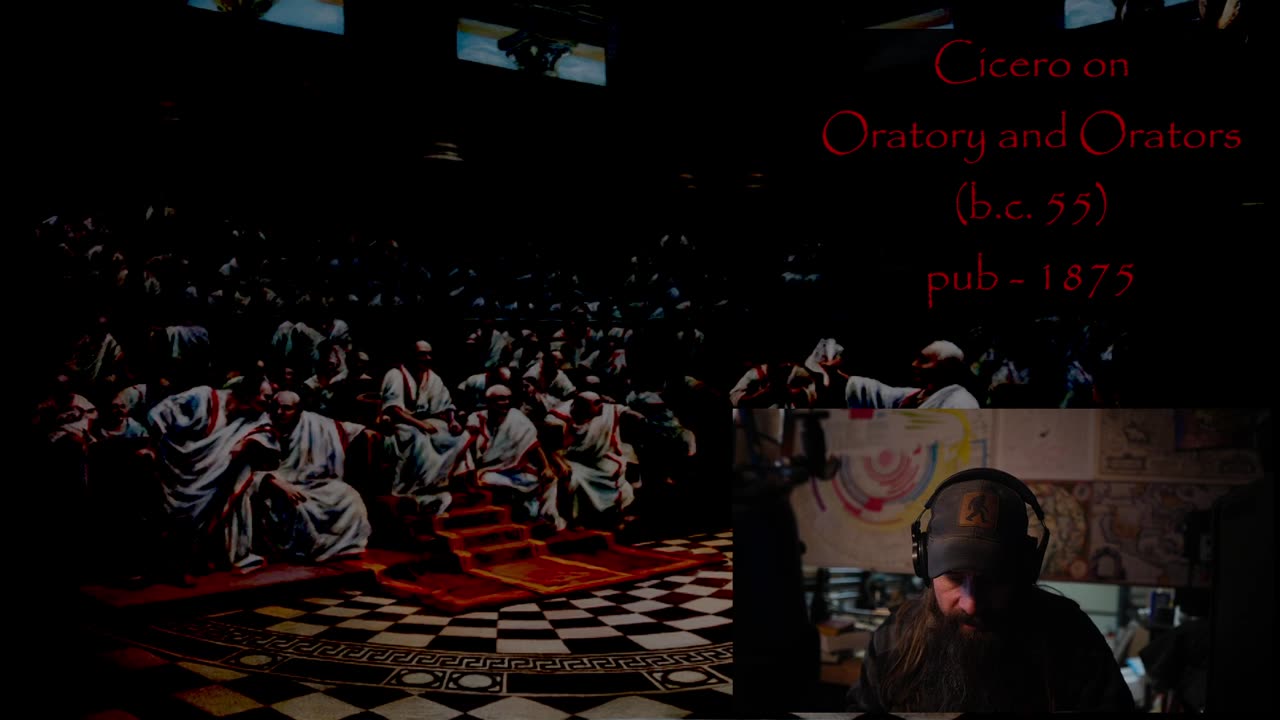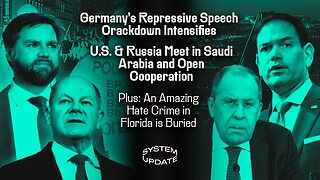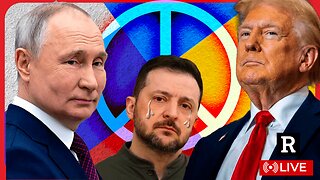Premium Only Content

Cicero on Oratory - XLIX L
Cicero on Oratory - XLIX L
This video discusses Cicero's views on the nature of oratory, distinguishing it from other disciplines while emphasizing the orator's need for a broad knowledge base and understanding of various subjects. Cicero critiques the overly broad definitions of oratory that encompass all knowledge and insists on the importance of eloquence, delivery, and wit, as well as the distinction between political prowess and oratorical skills.
Key Points:
Definition of an Orator
Cicero defines an orator not just as a speaker, but as one who can effectively use words and thoughts suited for any cause, transcending the mere technicalities of oratory and incorporating delivery, action, and wit.
Separation of Knowledge Areas
Cicero argues against the notion that all knowledge falls under oratory, illustrating that mastery in one field does not mean mastery in another, citing examples from history where politicians and orators excelled in distinct disciplines.
The Necessity of Broad Knowledge
An effective orator, according to Cicero, is not merely a novice but should possess a wealth of knowledge across various subjects, indicating that eloquence must be enriched with diverse experiences and insights.
Critical View of Broad Definitions
Cicero critiques definitions that attribute all forms of knowledge to oratory, encouraging a more nuanced understanding of oratory as a craft that requires specific skills rather than an umbrella for other sciences.
Value of Experience in Oratory
Cicero emphasizes that a good orator should be well-read and experienced, suggesting that their eloquence needs to be informed by real-world experiences rather than mere theoretical knowledge.
-
 1:29:31
1:29:31
Glenn Greenwald
5 hours agoGermany's Repressive Speech Crackdown Intensifies; U.S. & Russia Meet in Saudi Arabia and Open Cooperation; Plus: An Amazing Hate Crime in Florida is Buried | SYSTEM UPDATE #408
51.5K34 -
 1:30:48
1:30:48
Redacted News
6 hours agoBREAKING! TRUMP AND PUTIN NEARING PEACE BUT EUROPEAN WARMONGERS TRYING TO STOP IT | REDACTED
129K219 -
 52:40
52:40
Candace Show Podcast
6 hours agoSaturday Night Lively: What Were They Thinking? | Candace Ep 148
111K124 -
 LIVE
LIVE
Man in America
2 hours agoDocumentary: The Money Masters 'How International Bankers Gained Control of America'
751 watching -
 1:10:40
1:10:40
PMG
1 day ago $0.03 earnedTom Hanks Plays a Racist MAGA Supporter On SNL!! UNBELIEVABLE
585 -
 LIVE
LIVE
Adam Does Movies
6 hours agoAsk Me Anything - Live!
254 watching -
 LIVE
LIVE
Flyover Conservatives
21 hours agoFollow the Money: $4.7 Trillion in Government Fraud EXPOSED!; Flu Shots, Fear & Big Pharma Lies—What They DON’T Want You to Know - Dr. Stella Immanuel | FOC Show
581 watching -
 LIVE
LIVE
Anthony Rogers
1 day agoEpisode 354 - Current Events, Weather, and Other Clickbait
81 watching -
 25:10
25:10
Producer Michael
6 hours agoTHE HOTTEST FRAGRANCES FOR 2025!
8.46K -
 18:44
18:44
Clownfish TV
5 days agoHollywood Has a DEI Temper Tantrum!
5.79K7